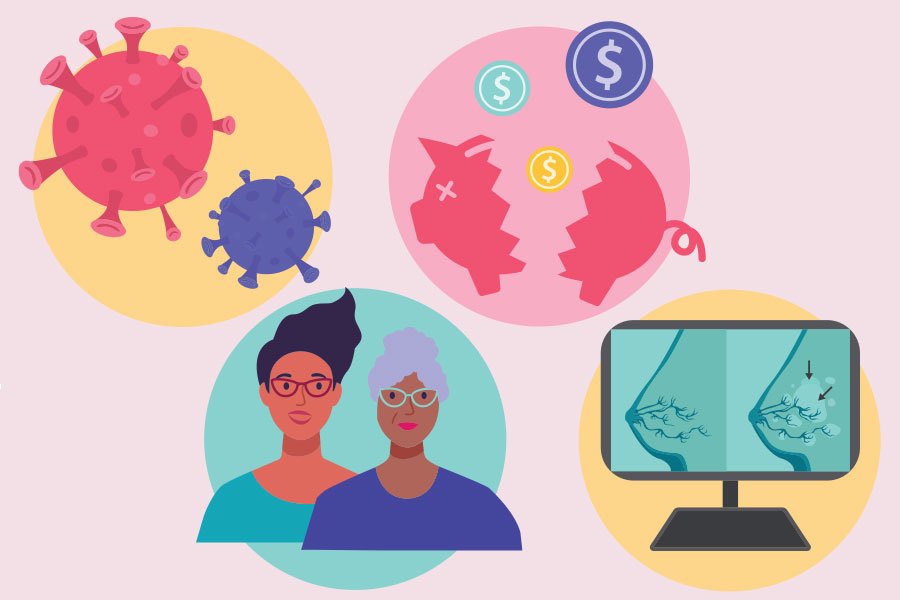Putting Philly to the Test

The pandemic caused screening rates to drop sharply: Breast cancer screenings dropped by 87 percent in April 2020. Screening for colon cancer, which like breast cancer depends on early detection to treat successfully, dropped at a similar rate. Overall, screenings are still down 25 percent from pre-COVID numbers. And as 22 million people canceled or missed screening during the pandemic, up to 10,000 preventable cancer deaths could occur.
Inequity is another driving factor. Even though Black women have a lower incidence rate for cancer than white women, they have a far higher mortality rate. In addition to biological differences, sociological differences such as access to cancer centers are thought to be responsible.
Economic inequality creates a clear difference: Under-resourced areas have a 20 to 25 percent higher cancer mortality rate, and the uninsured have a 40 to 50 percent lower screening rate than the insured. In Philadelphia, the poorest big city in the U.S. with disparities in income tied to geography, the problem is particularly stark. But through widespread screening efforts, ACS believes it is possible to reduce cancer mortality by 40 percent in the coming decades.
Receiving support could still make the difference. The American Cancer Society partnered with Independence Blue Cross and the Philadelphia Public Health Department to launch their Hey Philly, Get Screened! initiative to combat cancer through screenings. The initiative tries to make screening widely accessible. Go to cancer.org/get-screened or call 1-800-227-2345 to find free screening near you.
This is a paid partnership between Think Pink and Philadelphia Magazine


